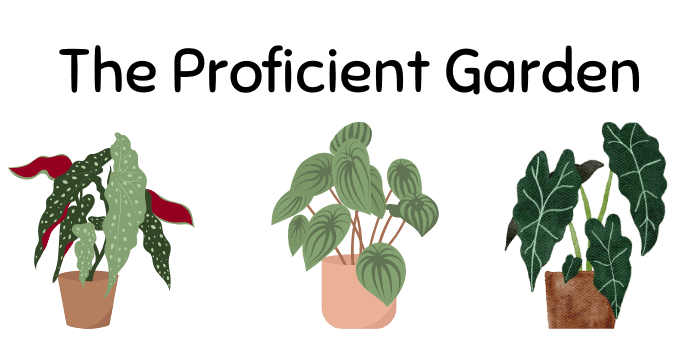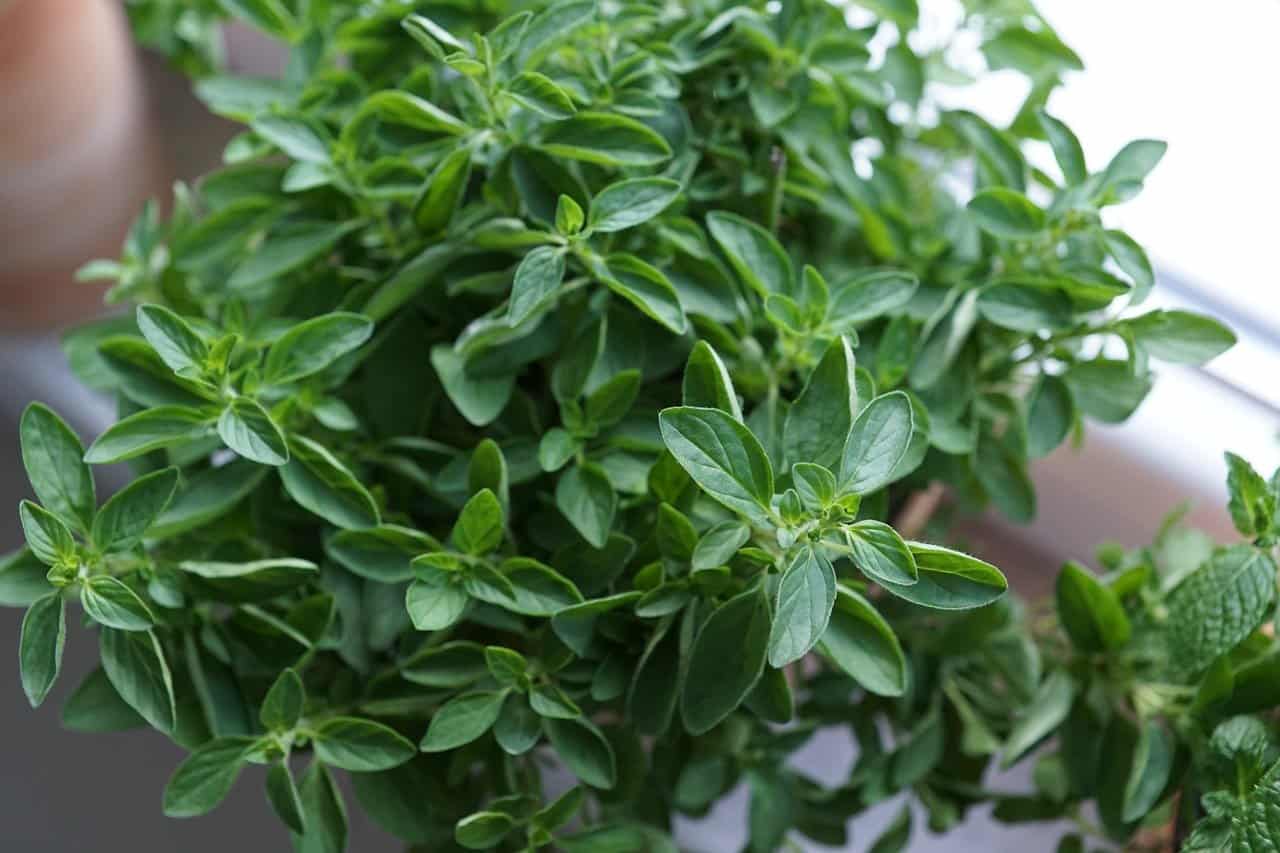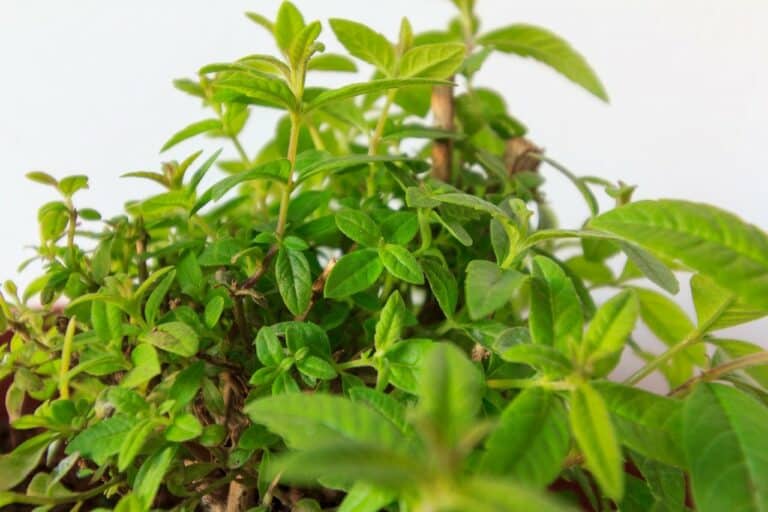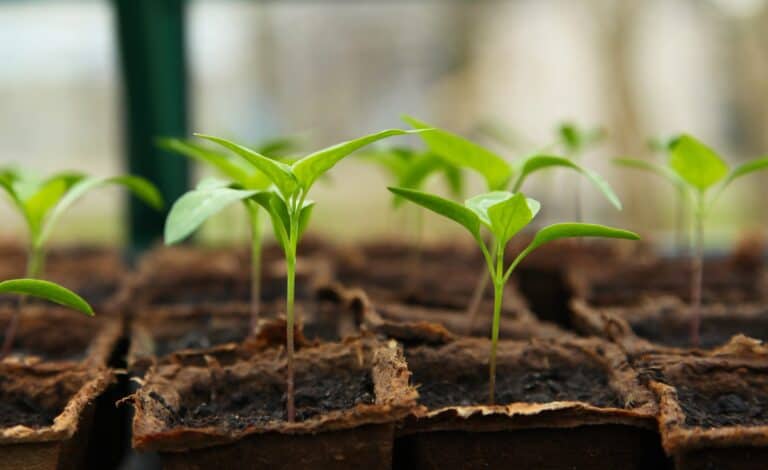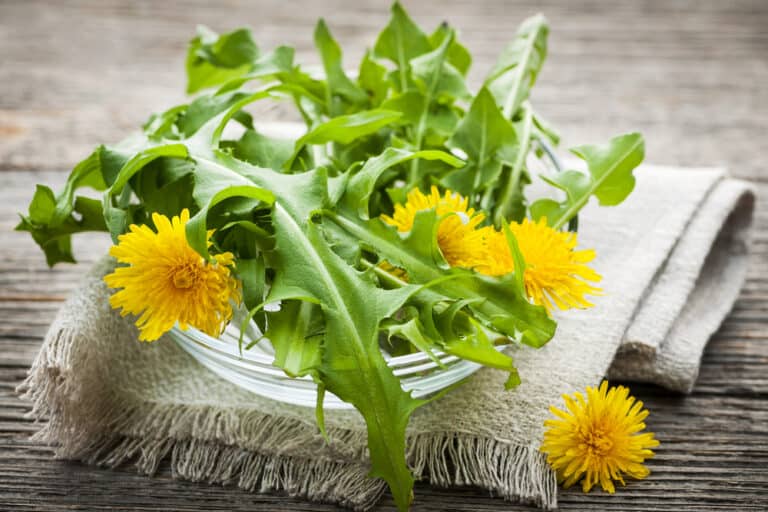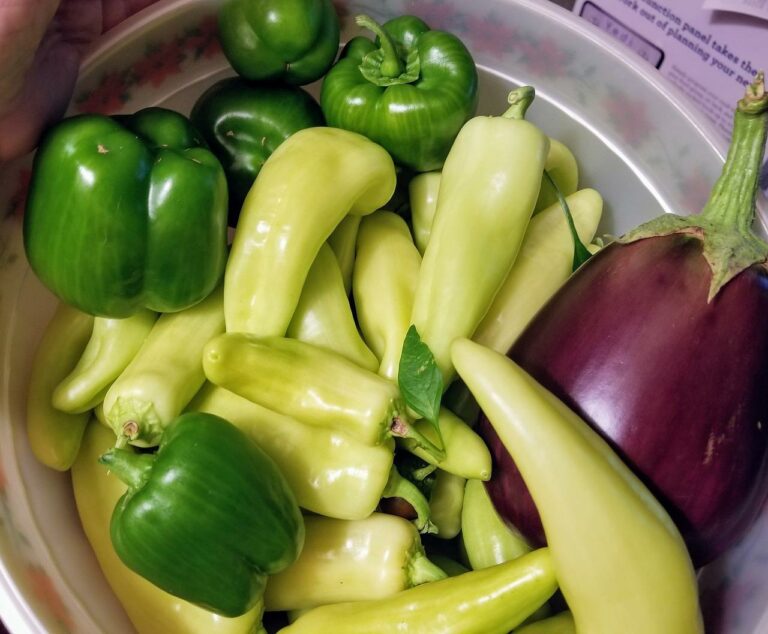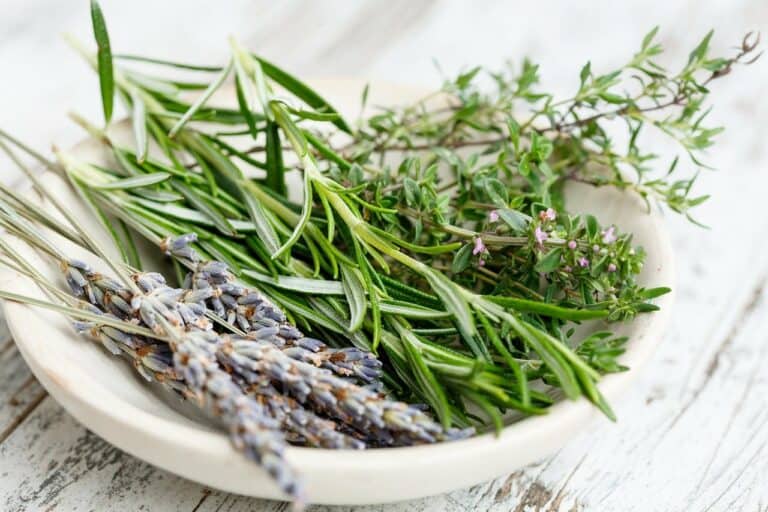Oregano: Uses and Benefits
Who has not heard of Oregano, a lovely aromatic herb and one of the best known and most popular in the world today? Also known as Wild Marjoram (L. Origanum vulgare), it is of the same family as marjoram (L. origanum marjorana) but not to be confused with Spanish Wild Marjoram L.Thymus mastichina, which is similar but of inferior quality (knowing the Latin names for oils helps you understand what you’re buying).
Oregano originated in the Mediterranean region but is now grown worldwide. It’s a perennial flowering herb that thrives in sunny conditions. Plants can be cultivated from the seeds and, as with other plants and oils, strength and character can vary depending on regional climate conditions. Some regions will produce a more substantial variety with a very intense aroma, while others will make a milder scent and flavor.
Oregano is mainly used for cooking, especially in an Italian household and of all varieties, and is our favorite as it has a more intense presence than others. It’s an essential ingredient of tomato sauces, and a pizza without Oregano has no soul. Prevalent in Spanish Mexican cooking, Greek and Turkish, is also in everyday use worldwide.
Oil of Oregano is also a product of the oregano plant, Origanum vulgare. It contains a high concentration of beneficial compounds occurring naturally in the plant and is available orally. This is what you will find in capsules. But here, we are interested in the much more concentrated essential oil derived from the flowering tops and leaves of the plant and should never be taken by mouth as it is an irritant.
Oregano Essential Oil is produced by steam distillation. The Egyptians loved it as a bath oil, and the Greeks planted it in graveyards to bring peace to departed spirits. It was used in cooking and medicine and was thought to be helpful in the treatment of tuberculosis. Indeed, it developed a reputation as a remedy for chest complaints and was cultivated by 13th-century monks for this purpose. It was also used in love potions, but probably not by monks.
It has been used as a traditional remedy for digestive ailments such as acidity and wind. It is said to have a soothing and tonic action on nervous stomach disorders and calms intestinal spasms. As mentioned, it is beneficial in the treatment of respiratory problems, alleviating symptoms of colds, bronchitis, asthma, and whooping cough. It is stimulating to the mind and a tonic to the nerves and can relieve headaches.
It can help to relieve rheumatic aches and pains and deal with insect stings and bites, especially if an infection is present. However, care should be taken as this oil tends to irritate the skin.
Using Oregano Essential Oil
- Adding a few drops of Oregano essential oil to a diffuser is one of the common ways to use the oil; its aroma will permeate the air with a subtle smell of the herb, leaving your home feeling scrubbed clean and serene. Be careful, though; this oil can irritate the mucous membranes, so it should not be diffused for longer than 30-40 minutes. I have had great aromatic success mixing essential oregano oil and other oils; frankincense comes to mind. Try mixing it with different oils to see how they blend; pine, lavender, or cedarwood make good combinations.
- Add a few drops to strips of fabric to hang over an open window to deter bugs and flies.
- Oregano essential oil can be used topically, using another carrier to facilitate use.
If you search online or visit your local health food store, you can find capsules and tablets of oregano oil made for internal use; as stated above, these contain oil of Oregano which is a much weaker product. Don’t ever be tempted to substitute essential oil, and if you plan on taking oil of Oregano as a supplement, please don’t self-medicate. Consult with your medical provider before adding it to your routine. When I was introduced to Oregano essential oil, I was told by my friend that it was great to add a couple of drops to my tongue to enjoy the blissful feeling this oil would create; I still can’t forget after many years how silly it was of me to do that; it was like drinking fire from a hose!
Remember – no essential oil should be taken orally; consult with your doctor!
